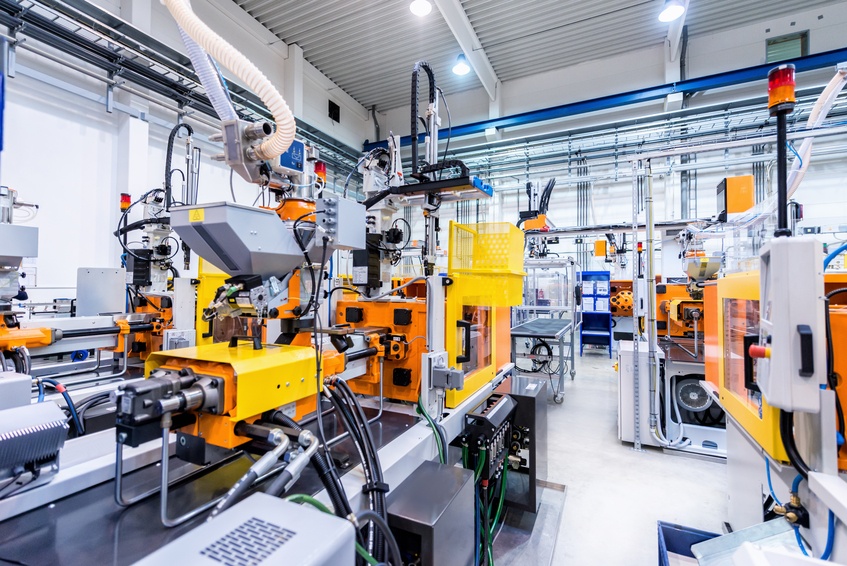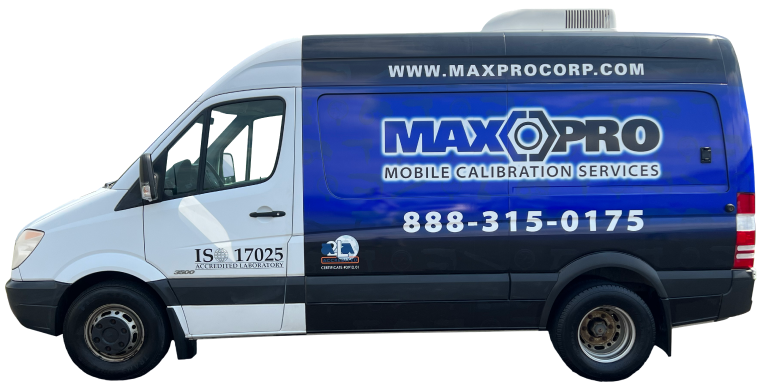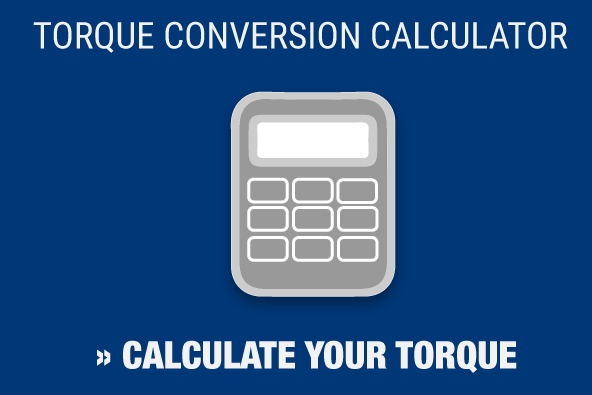 At Maxpro, many of the torque tool repair jobs we tackle involve tools with some obvious problem or defect.
At Maxpro, many of the torque tool repair jobs we tackle involve tools with some obvious problem or defect.
But there are times when industrial torque wrenches can develop problems that aren’t immediately apparent. When do you need to get your torque and tensioning tools fixed?
Read our checklist to help diagnose the repair state of your tools.
- Is there wear on the tool’s reaction arm? If so, this can be a sign it’s time to have your torque tool examined by a professional.
- Are you hearing noise coming from the gearbox? This can be an indication of bearing failure.
If you’re using a pneumatic torque wrench, listen for a hissing sound coming from the air motor. This can be a sign that debris has found its way into the motor.
- When using an electric torque wrench, a burning smell coming from the motor should tell you that you may need torque tool repair.
- In some cases, a tool that needs repairs just may not feel right when it’s in use.
- And finally, are you calibrating your tools each year?
We realize that not everyone uses the same schedule for calibration. For some professionals, it’s once a year. Others have their tools calibrated every six months, depending on their ISO certification. Some experts suggest calibration after 2,500 repetitions, based on the idea that a tool’s performance is affected between 2,500 and 3,000 repetitions.
Maxpro is proud of the investment we have made in cutting-edge calibration technology, working on everything from hydraulic torque wrenches, electronic torque wrenches, pneumatic torque wrenches, to adjustable clicker torque wrenches and pressure gauges.
In addition to our calibration services, we have a fully-staffed repair department that’s able to fix any of the products we rent or sell. We use only factory OEM parts and offer a limited six month warranty on all repairs.
Please contact us today to learn more about how we can make sure your industrial torque wrenches are in good working order for their next job.





